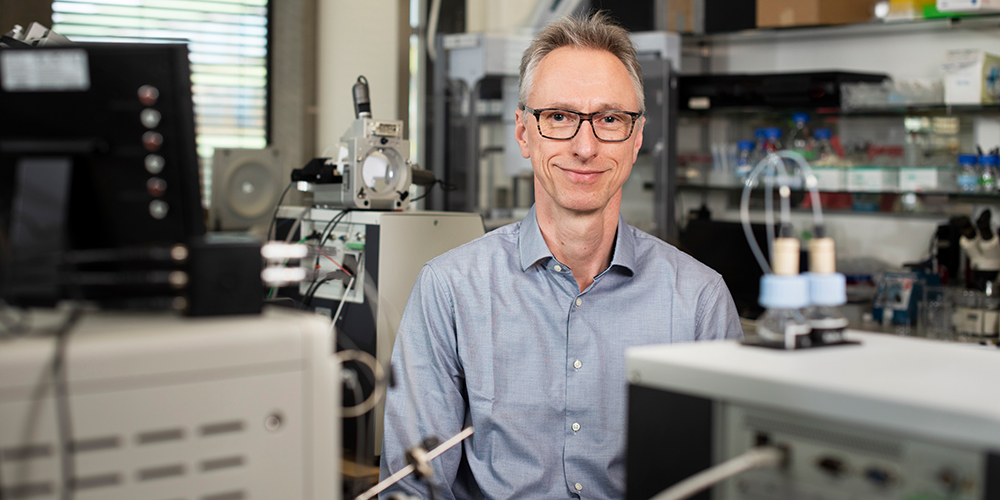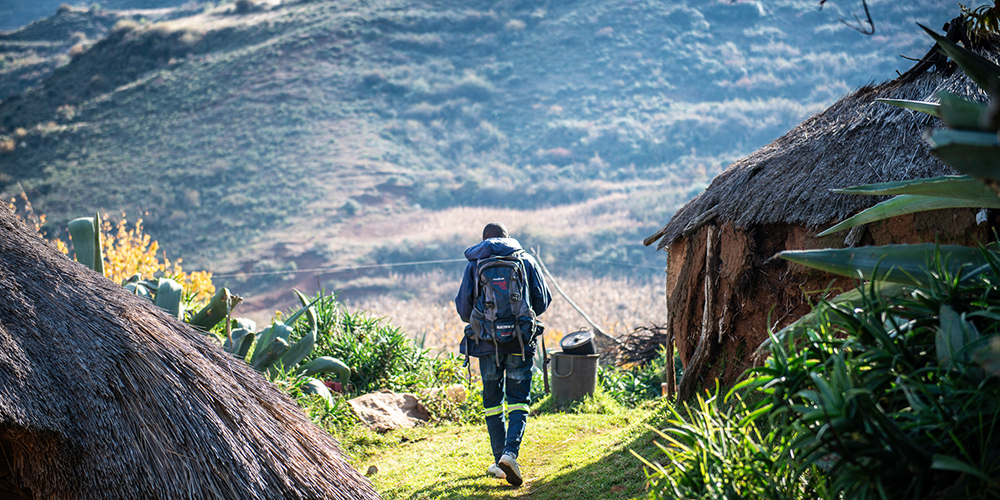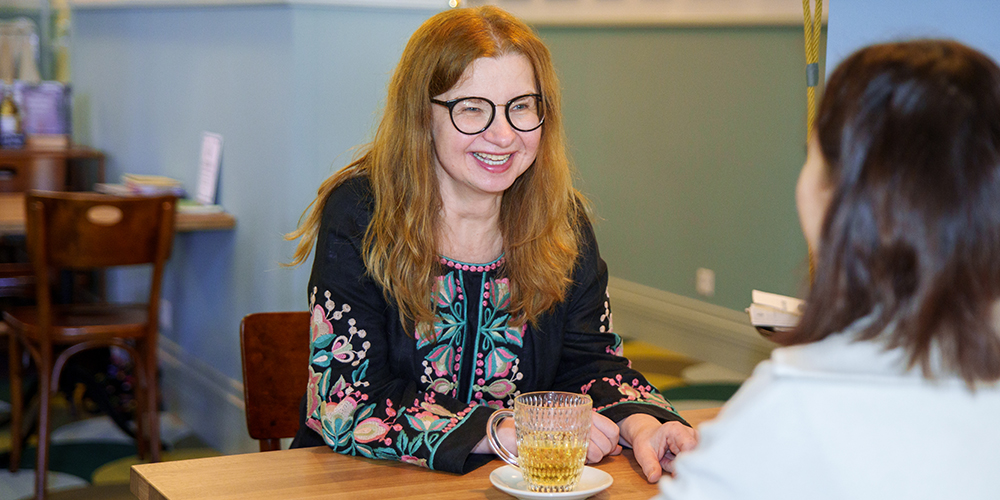"AntiResist" could shift antibiotics research paradigm
Antibiotic-resistant pathogens are an increasing threat to our health. "In order to develop innovative antibiotics, however, we must first understand the living conditions of the bacteria in the human body," explains infection biologist Prof. Christoph Dehio, head of the new National Centre of Competence in Research "AntiResist".
17 December 2019
Why has the problem of antibiotic-resistant pathogens become so urgent?
Antibiotic-resistant bacteria are not a new problem. After the market launch of an antibiotic, they usually appear within a few years. Until recently, there was still a sufficiently large arsenal of effective antibiotics to ensure successful therapy. In recent years, however, there has been an increase in multidrug resistant pathogens, which severely limit treatment options – and in individual cases such infections can no longer be treated.
What does this mean?
Antibiotic resistance has far-reaching consequences in everyday clinical practice. It has become a serious risk factor in routine medical interventions such as operations, cancer therapies or organ transplantation. So-called antibiotic stewardship programs can help to implement more targeted use of antibiotics that are still effective and thus limit the spread of multidrug resistance. In order to keep multidrug resistant bacteria in check in the longer term, however, new antibiotics are simply indispensable.
How do you tackle this problem with the NCCR?
With "AntiResist" we want to contribute to a fundamental reorientation of antibiotics research. Conventional antibiotic development is based on bacteria cultured under artificial laboratory conditions. However, after great initial successes, this research approach has been exhausted and there has been no antibiotic with fundamentally new mechanisms of action launched on the market in recent decades.
What will you do differently in your project?
Primarily, we want to investigate the bacterial living conditions within patient tissue, as these are fundamentally different from the artificial growth conditions in the laboratory used for drug development so far. If we gain a better understanding of the special bacterial living conditions in patient tissue, completely new targets for innovative antibiotics will emerge. As part of "AntiResist", we want to identify the Achilles' heel of the pathogens in patient tissue and use this knowledge to develop new antibiotics.
You will work closely with the University Hospital as part of the NCCR. What kind of collaboration will this be?
In order to elucidate the physiology of the pathogens in the patient, we first need infected patient tissue, which is provided by the University Hospital from ongoing clinical studies. Assisted by ultra-sensitive analysis methods, we want to identify important biomarkers and obtain physiological data that provide a picture of the living conditions of the pathogens in the patient. We can then use this knowledge to develop human tissue culture models that faithfully reproduce these living conditions of the bacteria in the patient.
In a further step, you are planning to collaborate with bioengineers from the D-BSSE Zurich in Basel. What is their task?
Our partners from the D-BSSE will further develop the human tissue models generated by us to meet the special requirements for drug development - by the miniaturization and parallelization of the processes. The aim of the bioengineers is to establish a high-throughput screening platform that enables the automated screening of chemical libraries, which is the first step in drug development.
How did the idea of conducting "antibiotics research" within the framework of an NCCR come about?
The Biozentrum offers us as infection biologists optimal conditions for basic research. Together with my colleagues Dirk Bumann and Urs Jenal here, at the Biozentrum, we wanted to combine our knowledge from basic research in infection biology with that from the infectious diseases specialists at the University Hospital and bioengineers at the D-BSSE, in order to develop an interdisciplinary research project on novel strategies in antibiotics research. The project will start directly with the patient and end there again.
What makes Basel a suitable location for this NCCR?
The Biozentrum, the University Hospital, the Department of Biomedicine and the D-BSSE will, in the future, all be located close to each other on the new life sciences campus – this will provide optimal conditions for such an interdisciplinary research project. The opportunities for cooperation with local small and medium-sized enterprises and the large pharmaceutical companies are another major advantage for such a research project in Basel. We are therefore delighted to realize the "AntiResist" project here at the University of Basel together with our partners from neighboring institutions.



